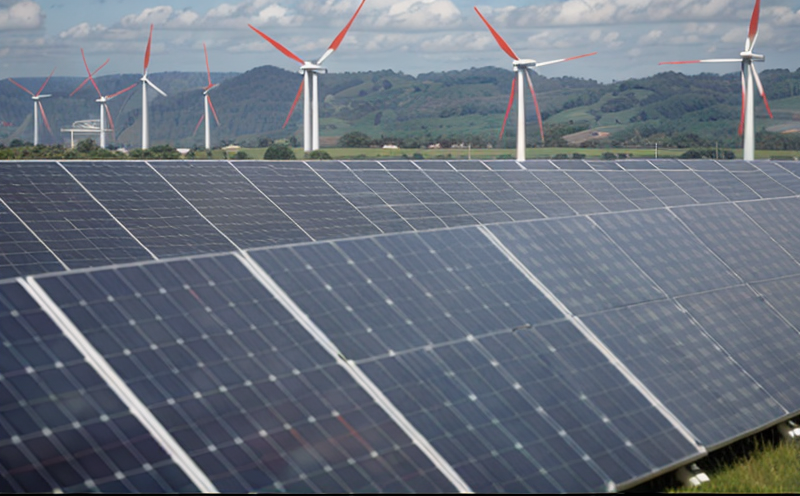Biomass Storage Stability Testing
The importance of ensuring the stability and quality of biomass storage cannot be overstated. Biomass serves as a critical renewable energy source that requires robust testing to ensure its suitability for long-term storage and subsequent use in various applications, including power generation and heating systems.
Biomass materials such as wood chips, pellets, and agricultural residues are inherently susceptible to degradation processes due to environmental factors like humidity, temperature, and microbial activity. These factors can lead to significant reductions in calorific value, structural integrity, and overall energy efficiency of the biomass. Consequently, it is essential to evaluate the storage stability of these materials under various conditions.
The testing process involves subjecting samples of biomass to controlled environments that mimic real-world storage scenarios. This allows us to assess how well the material retains its properties over time. During this phase, we monitor critical parameters such as moisture content, calorific value, and physical integrity using advanced analytical techniques like proximate analysis, calorimetry, and mechanical testing.
Understanding the degradation mechanisms is crucial for optimizing storage practices and enhancing the performance of renewable energy systems that rely on biomass. By identifying key stressors early in the development process or during routine quality control checks, stakeholders can implement targeted interventions to mitigate adverse impacts.
The results from our tests provide valuable insights into the best practices for handling and storing different types of biomass materials effectively. This information is particularly useful for manufacturers, researchers, and policymakers aiming to maximize the benefits derived from sustainable bioenergy solutions while minimizing potential drawbacks associated with improper storage methods.
Applied Standards
| Standard | Description |
|---|---|
| ISO 17838:2019 | Method for determination of calorific value of biomass materials. |
| ASTM D5686-04(2018) | Standard test method for determining proximate analysis of biomass fuels and other solid carbonaceous materials. |
Scope and Methodology
| Parameter | Description |
|---|---|
| Biomass Material Type | Includes wood chips, pellets, agricultural residues. |
| Environmental Conditions | Controlled temperature and humidity levels simulating typical storage environments. |
The methodology for biomass storage stability testing typically involves several key steps:
Select representative samples of the biomass material to be tested.
Subject these samples to controlled environmental conditions designed to replicate typical storage environments.
Regularly monitor and measure critical parameters such as moisture content, calorific value, and physical integrity over specified durations.
Analyze the collected data using appropriate statistical methods to determine changes in material properties.
Compare these findings against established benchmarks or industry standards to evaluate performance.
Why Choose This Test
- Ensures optimal energy conversion efficiency from stored biomass.
- Helps in developing effective storage strategies for prolonged usage periods.
- Promotes sustainable practices by minimizing waste generation and losses during handling.
- Supports compliance with regulatory requirements related to renewable energy sources.
- Provides actionable insights into potential improvements needed within the supply chain.





